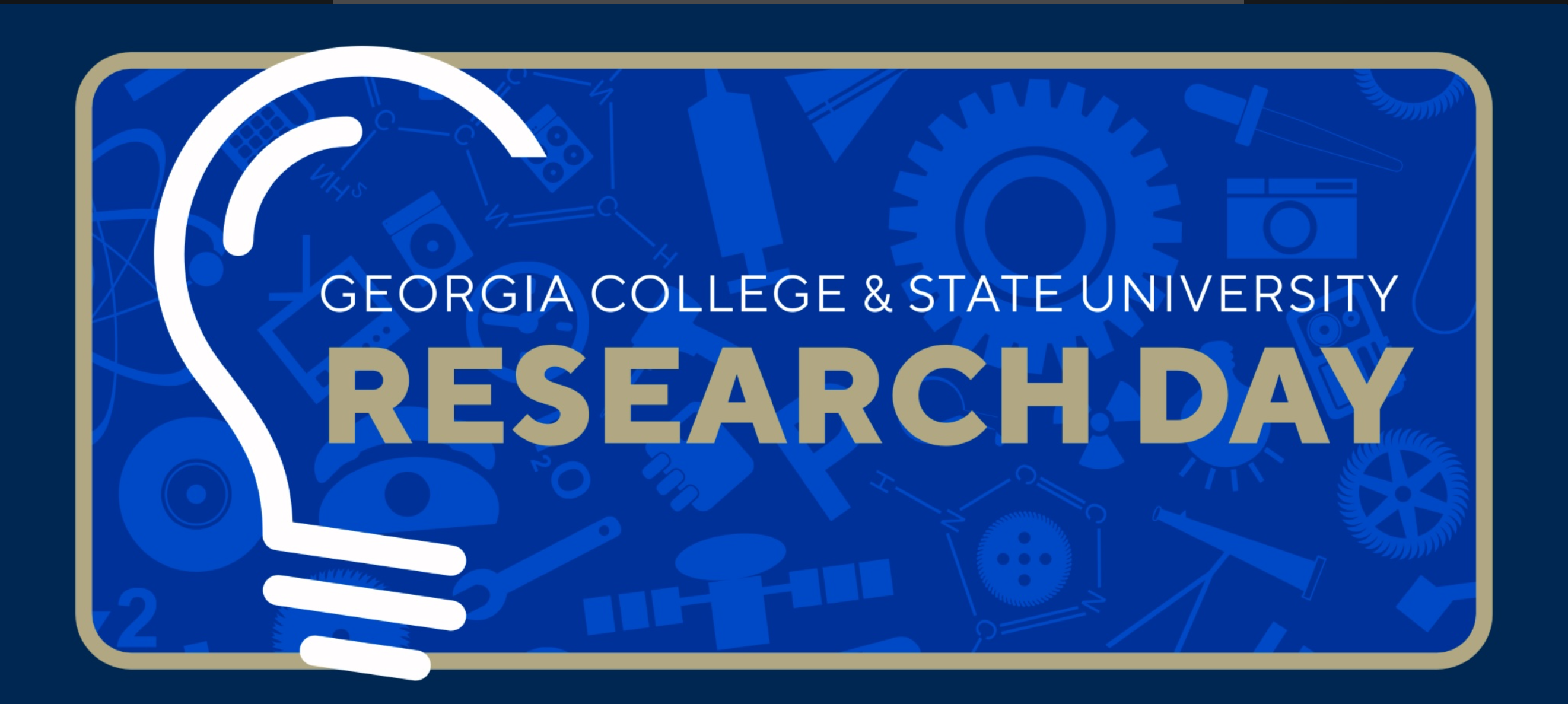Medicine Across Borders
Faculty Mentor(s) Name(s)
Yisheika Lawrence
Abstract
Passion Project Sub-Saharan Africa grapples with three distinct healthcare systems: Biomedical care, Traditional healing, and General Knowledge. Despite the push for modern Biomedical healthcare, traditional healing accounts for over half of the healthcare in several African countries, often overshadowing domestic knowledge, particularly that of mothers employing herb remedies for child healthcare (Towns, 2014). A study in Western Africa emphasizes the need to prioritize domestic knowledge in medical research, especially for those in rural villages lacking adequate healthcare and child vaccination. A critical challenge faced by many African communities, including Cameroon, is limited access to healthcare. Financial constraints and geographical barriers hinder many Cameroonian children from obtaining sufficient healthcare. Rural villages often rely on traditional medicine, yet its efficacy is limited. The scarcity of well-trained doctors in smaller communities exacerbates the healthcare gap, as most doctors serve larger cities like Douala and Yaounde. Personal experiences and discussions with healthcare professionals reveal the complexity of integrating Traditional and Biomedical medicine. Dr. Anthony Mutiti in Zambia notes that patients may turn to traditional medicine before seeking Biomedical treatment, creating obstacles for doctors. Furthermore, traditional medicine, inadequately tested, can complicate treatment. Conversations with Dr. Samuel Mutiti, a Geology professor at Georgia College and State University, shed light on efforts to study traditional medicine's components. Dr. Mutiti's passion for medicine and environmental improvement in Zambia underscores the need to scrutinize traditional medicine under a microscope to enhance its effectiveness. The dream and goal are to transform healthcare conditions, particularly in impoverished communities of Cameroon and surrounding areas. Limited resources in many African countries, including Cameroon, often result in fatal outcomes that could be easily treated in more developed nations. The aim is not to erase traditional medicine, but rather to expand biomedical hospitals and resources, reducing the need for patients to travel great distances for healthcare. A personal anecdote about a family member's cancer diagnosis highlights the harsh reality of limited resources, forcing individuals to seek treatment abroad. The aspiration is to foster healthcare development in Cameroon, recognizing that the younger generation holds the potential to shape a brighter healthcare future for Africa.
Start Date
27-3-2024 10:30 AM
End Date
27-3-2024 10:38 AM
Location
Arts and Sciences 2-70
Medicine Across Borders
Arts and Sciences 2-70
Passion Project Sub-Saharan Africa grapples with three distinct healthcare systems: Biomedical care, Traditional healing, and General Knowledge. Despite the push for modern Biomedical healthcare, traditional healing accounts for over half of the healthcare in several African countries, often overshadowing domestic knowledge, particularly that of mothers employing herb remedies for child healthcare (Towns, 2014). A study in Western Africa emphasizes the need to prioritize domestic knowledge in medical research, especially for those in rural villages lacking adequate healthcare and child vaccination. A critical challenge faced by many African communities, including Cameroon, is limited access to healthcare. Financial constraints and geographical barriers hinder many Cameroonian children from obtaining sufficient healthcare. Rural villages often rely on traditional medicine, yet its efficacy is limited. The scarcity of well-trained doctors in smaller communities exacerbates the healthcare gap, as most doctors serve larger cities like Douala and Yaounde. Personal experiences and discussions with healthcare professionals reveal the complexity of integrating Traditional and Biomedical medicine. Dr. Anthony Mutiti in Zambia notes that patients may turn to traditional medicine before seeking Biomedical treatment, creating obstacles for doctors. Furthermore, traditional medicine, inadequately tested, can complicate treatment. Conversations with Dr. Samuel Mutiti, a Geology professor at Georgia College and State University, shed light on efforts to study traditional medicine's components. Dr. Mutiti's passion for medicine and environmental improvement in Zambia underscores the need to scrutinize traditional medicine under a microscope to enhance its effectiveness. The dream and goal are to transform healthcare conditions, particularly in impoverished communities of Cameroon and surrounding areas. Limited resources in many African countries, including Cameroon, often result in fatal outcomes that could be easily treated in more developed nations. The aim is not to erase traditional medicine, but rather to expand biomedical hospitals and resources, reducing the need for patients to travel great distances for healthcare. A personal anecdote about a family member's cancer diagnosis highlights the harsh reality of limited resources, forcing individuals to seek treatment abroad. The aspiration is to foster healthcare development in Cameroon, recognizing that the younger generation holds the potential to shape a brighter healthcare future for Africa.


